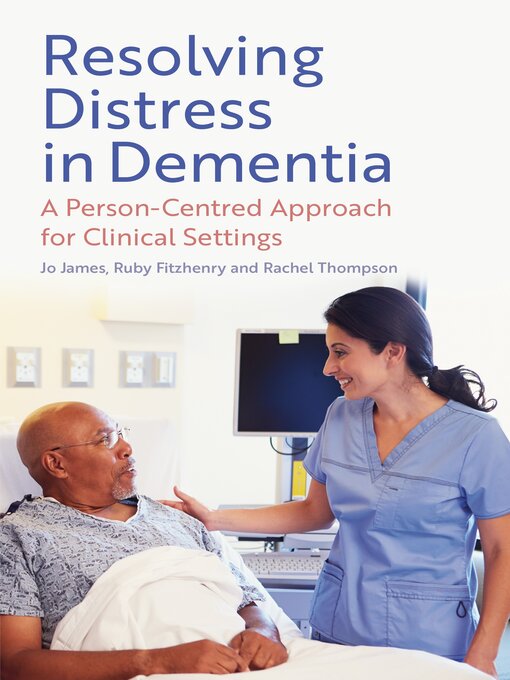GP surgeries, outpatient clinics, and hospitals can be difficult for people with dementia, as physical and emotional discomfort can build up and become overwhelming. This book invites healthcare workers to examine the root causes of distress for people with dementia in clinical settings, and offers ways to resolve incidents without the need for restraint or sedation. It also suggests strategies for reflection after incidents and forward planning, to support patients and staff and reduce the frequency of difficult interactions.
Each chapter includes illustrative case studies to bring key concepts and dilemmas to life, and is supported by analysis and practical advice rooted in the authors' extensive experience in dementia care.
This guide helps healthcare professionals to understand why people with dementia may become distressed in a clinical setting, and gives them the tools to not only resolve incidents, but create a person-centred, supportive environment to reduce future distress.
- Lived experience of Dementia
- Lewy body dementias
- Frontotemporal Dementia
- Younger Onset Dementia
- LGBTI and dementia
- Eating and drinking well
- Activities and Engagement
- Culture, Religion and Spirituality
- End of Life and Palliative Care
- Younger Readers
- See all living with dementia collections
- Caregiving : Support and Guidance
- About Dementia
- Early Stage Dementia
- Communication
- Changes in behaviour
- Grief and Loss
- Relationships, Intimacy & Sexuality
- Residential Care
- See all caregiving collections
- Dementia Care Practice
- Person-Centred Care
- About Dementia
- Dementia Care Therapies
- Pain and Dementia
- Exercise
- Leadership and organisational change
- Elderhood
- Changes in behaviour
- See all healthcare professionals collections
- Dementia Australia resources
- Audiobooks
- Australian content
- Memoir
- Fiction
- Brain health
- Worried About Your Memory?
- Reminiscence and life story work
- Exercise
- Mindfulness & meditation
- Self-care & Wellbeing
- See all featured collections collections
